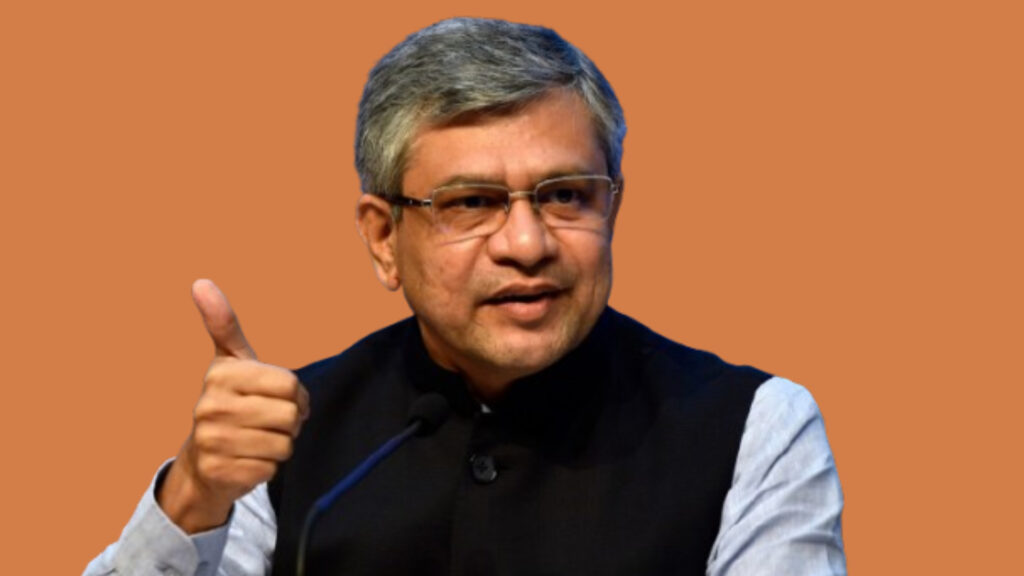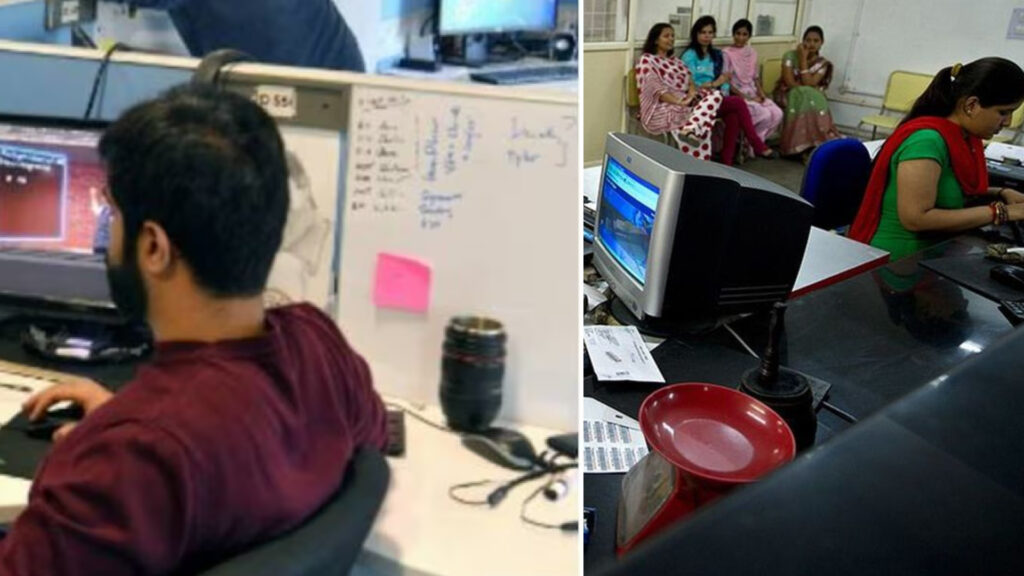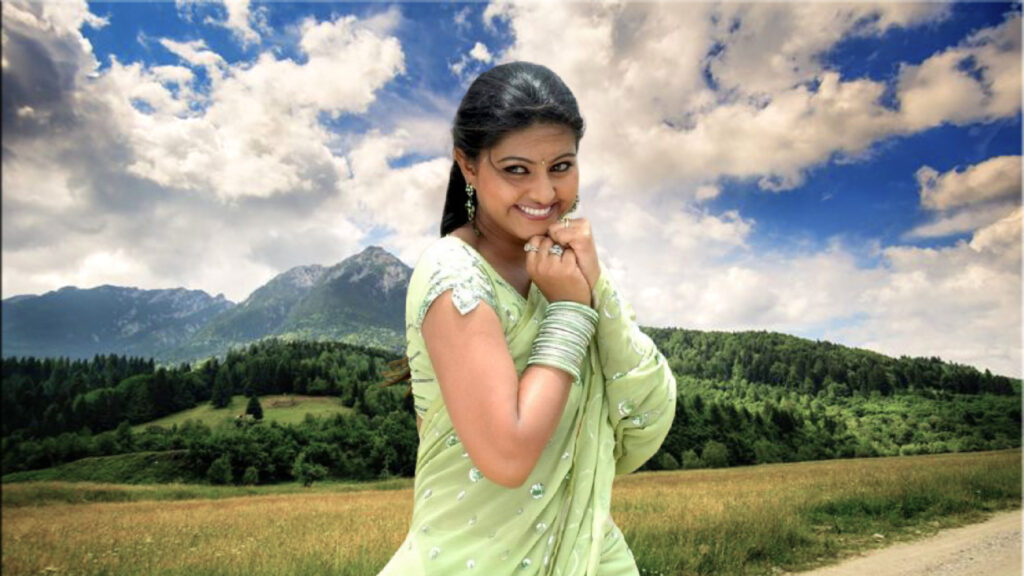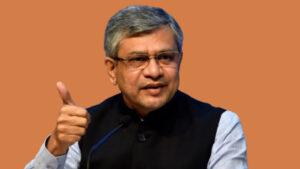3 Shocking Truths: People Say I Was the Common Person in Both Divorces:
People say I was the common person in both divorces — a phrase that actor Chahatt Khanna has shared candidly while discussing her personal journey. Known for her memorable roles in Bade Acche Lagte Hain and other popular TV shows, Chahatt recently opened up on The Male Feminist podcast hosted by Siddhaarth Aalambayan about her two failed marriages and the societal judgment that haunts her because of them.
In this article, we delve deep into the complex realities behind Chahatt Khanna’s statement. We’ll unravel the societal biases, the emotional weight carried by failed relationships, and what her story reveals about the broader conversations around divorce, stigma, and personal growth in India’s cultural landscape.
1. People Say I Was the Common Person in Both Divorces: What Does It Really Mean?
The phrase “People say I was the common person in both divorces” may seem straightforward. However, its weight is far deeper when you consider the cultural context, ingrained biases, and the personal toll it carries. When society hears of a person — especially a woman — 3 Shocking Truths enduring more than one failed marriage, assumptions often start flying without empathy or understanding.
- Society’s default blame on women: Historically, in India and many other societies, a woman is often held responsible whenever a marriage fails.
- The “common denominator” fallacy: It’s easy to simplify complex marital breakdowns by blaming the individual who appears in both scenarios.
- The emotional exhaustion of defending oneself: As Chahatt expressed, constantly having to explain or justify oneself leads to fatigue and frustration.
Her experience underscores how harsh and 3 Shocking Truths unforgiving social judgment can be, especially for women choosing to openly discuss their failures. The phrase isn’t just a statement; it’s a reflection of a persistent cultural narrative that needs reassessment.
How These Prejudices Impact Women in India
Divorce rates in India remain comparatively low, but the stigma attached to them is significant. Women, in particular, face:
- Social isolation
- Judgment from family and community
- Economic hardships
- Pressure to conform to traditional roles despite personal pain
These factors contribute to why women often hesitate to speak about their marital struggles publicly. Chahatt Khanna’s courage in sharing her story offers a rare glimpse into these challenges and paves the way for more open conversations.
2. The Early Years: Young Love and Harsh Reality
Chahatt’s journey began when she married at 19 — a decision shaped by first love, youthful idealism, and the romantic notion of “meant to be.” However, reality intervened quickly.
She met her first love when she was just 16, and by 19, they had tied the knot. Her family’s concerns over her age were dismissed initially but proved prescient later.
- Marriage at a young age: A factor that 3 Shocking Truths often correlates with instability in relationships due to emotional immaturity and limited life experience.
- Old-school values and street romance: Their love story might have been sweet, but it clashed with shifting societal dynamics.
- The marriage lasted just four months, culminating in divorce, which was followed by harassment and judgment.
Chahatt openly acknowledged that looking back, her family was right to be wary. This candid reflection resonates deeply with many young women in India still navigating societal expectations around love and marriage.
Why Early Marriages Encounter More Challenges
Studies worldwide—and in India specifically—highlight the challenges faced by those married young. These include:
- Emotional and cognitive development is still in progress, impacting communication and decision-making.
- Lack of exposure to diverse perspectives and experiences can limit conflict resolution skills.
- Pressure from extended families and societal norms can stifle individual growth.
In this context, Chahatt’s experience acts as 3 Shocking Truths a case study, blending personal narrative with a universal cautionary tale.
3. Fighting Societal Judgment: The Emotional Toll and Resilience
What stands out most in Chahatt Khanna’s revelations is the emotional exhaustion from combating unfounded social biases. She said, “I have to constantly make people understand, and now I am tired of doing it.”
Let’s analyze the specific aspects of this 3 Shocking Truths emotional burden:
Societal Bias About Divorce Imposes Invisible Burdens
- Assumption of guilt: When a person appears in multiple failed marriages, society assumes fault without knowing the full story.
- Lack of empathy and privacy: Personal pain becomes public fodder, leading to judgment instead of support.
- Pressure to conform to perfect family ideals: Especially in Indian culture, where marriage is often seen as a sacrosanct lifelong commitment.
It is critical to recognize that failed marriages are multi-layered and complex, often resulting from mutual incompatibility, external pressures, or other factors that cannot be attributed solely to one individual.
You might also like: Helen Khan’s Pilates Journey
How Chahatt’s Story Resonates With Many
Her openness challenges the silence surrounding marital dissatisfaction and failure — topics 3 Shocking Truths usually considered taboo. By sharing her truth, she provides a voice to countless others who suffer in silence.
- Empowerment through transparency: Breaking the stigma empowers others to seek help and reconsider outdated judgments.
- Highlighting the need for systemic change: From family expectations to societal narratives, her story advocates for conversations about emotional health and personal agency.
4. Looking Forward: Lessons from Pain and Perseverance
3 Shocking Truths Despite the hardships, Chahatt Khanna’s journey is not one of victimhood but resilience. Her story teaches us several invaluable lessons about love, growth, and breaking free from social shackles.
Key Takeaways from Chahatt’s Narrative
- 1. Understanding is a two-way street: Society must move 3 Shocking Truths beyond prejudgments, and individuals need to assert their narratives without shame.
- 2. Age isn’t just a number: Emotional maturity impacts relationship stability, making early marriages riskier.
- 3. Mental and emotional health are paramount: Support systems for individuals facing marital challenges are essential but often lacking in traditional environments.
In a cultural atmosphere steeped in traditions, stories like Chahatt’s nudge us to rethink notions of success and failure in marriage. They underscore the need for compassion and breaking the cycle of blame.
5. Broader Implications: Changing the Narrative Around Divorce in India
Chahatt Khanna’s revelation adds valuable nuance to the ongoing discourse around divorce and marital discord within Indian society.
Current Trends & Statistics
- Divorce rates in urban India have seen a slow but steady rise, especially among educated youth.
- Legal reforms have made divorce more accessible, but social acceptance lags behind.
- Women’s economic independence is empowering choices around marriage, yet societal backlash remains common.
How to Foster a More Supportive Environment
- Encourage open dialogues in homes, schools, and workplaces about relationship health.
- Promote counseling and mental health awareness as mainstream support mechanisms.
- Challenge stereotypical gender roles that unfairly burden women with blame.
- Celebrate stories of resilience 3 Shocking Truths that normalize 3 Shocking Truths failure as part of human experience.
Such 3 Shocking Truths strategies pave the way for a society where individuals like Chahatt can live without shame, redefining success and happiness on their own terms.
Beyond Judgment, Toward Empathy
When people say I was the common person in both divorces, they often do so without understanding the full story. Chahatt Khanna’s candid sharing exposes three shocking truths:
- The deep-seated societal biases against divorced women remain pervasive and unjust.
- Early marriage, though romanticized, carries heightened risks and challenges.
- Transparency about failure and emotional pain is essential for personal growth and social change.
By embracing a more empathetic lens, society can move beyond simplistic blame games and support those navigating the complexities of marriage and divorce. Chahatt’s story is not just about failed relationships — 3 Shocking Truths it’s about 3 Shocking Truths courage, authenticity, and challenging outdated norms.
For anyone struggling with similar experiences, her journey is 3 Shocking Truths a reminder: your worth is not determined by societal judgments but by your strength to define your path.
External Support: The Indian Express













